Spacer
Obermann Humanities Without Walls Faculty Externship on Graduate Career Diversity: Summer 2024
Description

Please note: Applications for this program were due May 15, 2024. The orientation meeting is on June 3, 2024.
We present this program with thanks to Antoinette Burton, Professor and Director of the University of Illinois Urbana Champaign Institute for Humanities Research and P.I. for the Humanities Without Walls Consortium, generously funded by the Mellon Foundation. This program is co-sponsored by the UI College of Liberal Arts and Sciences, the Graduate College, and the Office of Community Engagement.
Description
For a decade, many faculty members in the humanities have struggled to support graduate students who express interest in careers other than being a professor. We send them to the brilliant career experts in the Graduate College; we introduce them to alumni with fascinating careers. But what have those of us who are faculty, as faculty, done to educate ourselves about the world of work beyond the classroom? What do we know about “adjacent” careers?
This Mellon-funded summer program offers humanities faculty members and experts from one large career sector—nonprofits—to explore potential connections. During the past five years, the Obermann Center has hosted nearly 50 graduate internships. One thing we’ve learned is that humanities graduate students are often deeply drawn to nonprofits. Careers in this sector resonate strongly with graduate students’ values. Nonprofits are spaces where the mindsets and skills of the humanities align with nonprofit needs. For example, humanities student excel at asking illuminating questions, synthesizing complex ideas, conducting rigorous research, writing with clarity and awareness of the needs of varied audiences, teaching, facilitating, managing projects, and collaborating thoughtfully.
Thanks to generous funding from the Mellon Humanities Without Walls Consortium housed at the University of Illinois Urbana-Champaign, we are offering up to 10 faculty members a chance to participate in an externship. Unlike an internship, which might include full-time work doing a project for a host organization, an externship is a short-term professional learning experience: “externships tend to involve shadowing a mentor in a company or organization to better understand what they do and what the field involves” (Handshake). An externship might include conducting informational interviews, attending staff meetings, participating in a small project (such as volunteering for one or two events), and learning about the skills, activities, and work experience valued by the organization.
Mutual Benefits
We hope this externship program will benefit both academic and nonprofit participants. On one hand, faculty participants will be better able to encourage and support graduate students who wish to prepare for diverse careers. They will gain an understanding of the skills, interests, vocabulary, and mindsets valued in nonprofit workplaces. On the other hand, nonprofit participants will gain new ambassadors and a deeper understanding of what humanities graduates offer as future employees. We hope they will gain understanding of the unique strengths of future employees from the humanities.
In addition, we hope this summer program will help participants—
- To form a learning community of graduate faculty who are interested in supporting graduate students interested in diverse career opportunities.
- To form that learning community with expertise shared by nonprofit leaders.
- To support students who want to explore diverse careers with confidence and clarity.
- To better understand connections between what students are already learning in their classes and the skills needed for nonprofit work.
- To create assignments that overtly connect class topics and practices with issues, practices, and needs at nonprofits while also deepening students’ engagement with course topics and materials.
- Potentially, for faculty to design (or co-design with partners) experiential assignments or graduate humanities labs in collaboration with nonprofits (in collaboration with the UI Office of Community Engagement).
- To share what faculty learn with their departments along with recommendations.
We hope this externship will be one excellent starting place for faculty members who are serious about helping our graduate students prepare for diverse career opportunities.
Eligibility
- University of Iowa faculty members who teach graduate courses in the humanities or adjacent fields
Obermann Humanities Without Walls Faculty Externship on Graduate Career Diversity: Summer 2024
Requirements for Faculty Participants
- Attend the June 3 orientation, where
- faculty members will meet others in their learning community;
- faculty and nonprofit leaders will learn about each other’s work; and
- faculty and nonprofit mentors will map out how they will work together this summer.
- For example, a faculty member might plan to meet with members of the staff, to participate in some of their staff meetings, to volunteer at their public activities, to learn about opportunities for your graduate students to volunteer or intern with the program, and to learn how the organization has worked with courses or students, especially graduate students, in the past (for example Obermann interns have helped organizations write grants, organize programming, etc.).
- Complete an MOU
- Within a week of the orientation, nonprofit hosts and faculty members will complete a one-page MOU that clarifies expectations on both sides. We ask that you share a copy with Obermann Assistant Director Lauren Cox ([email protected]). (We’ll share an MOU contract form you can use to map out the following details.)
- The MOU should cover the following:
- What do you hope to accomplish? How will this experience benefit BOTH of you and your institutions?
- How will you communicate this summer (Email? Text? Phone calls?)?
- How many times will you meet over the summer and with whom?
- Whom should faculty member interview to learn about the nature and needs of different careers in the organization?
- What events will the organization hold this summer where faculty participation would be valuable to the organization?
- Given summer plans, when will mentors and faculty be unavailable?
- How will you address problems or frustrations that arise?
- Conduct informational interviews (20 to 30 minutes is fine). We’ll provide a guide to informational interviews you can use.
- Interview 1: Fishbowl interview at orientation with nonprofit leaders.
- Interview 2: Interview with a leader at nonprofit about careers in their field.
- Interview 3: Interview with a PhD alum from your department who has a meaningful career outside the professoriate.
- Perform a mid-summer check-in.
- Meet to discuss what you’re learning, what’s working well, and what you’d like to accomplish in the second half of the externship.
- Attend a final gathering to reflect and share.
- This will be a final meeting with your cohort in early fall to reflect on what you’ve learned.
- Reflections on ways you might use new assignments or pedagogical approaches to help students grasp the value of their research, writing, and teaching skills as preparation for a range of careers.
- A summary of the report you will give at an early fall department meeting on your experience and your recommendations for expanding preparation for diverse careers.
- Submit a report to your department in Fall 2024, stating
- how your department could introduce students to the ways their graduate training could be adapted to varied careers and
- ways to include the teaching of skills, forms of writing, etc. in graduate courses that would enhance careers in academe and in other sectors.
Stipend
Faculty will receive a $1,000 taxable stipend to be paid in December once they have completed the requirements (Note that this payment is contingent on the faculty member’s UI appointment allowing special compensation payments). Partner organizations will receive $3,000 for the externship mentor who works closely with one to three faculty members.
Faculty Externs
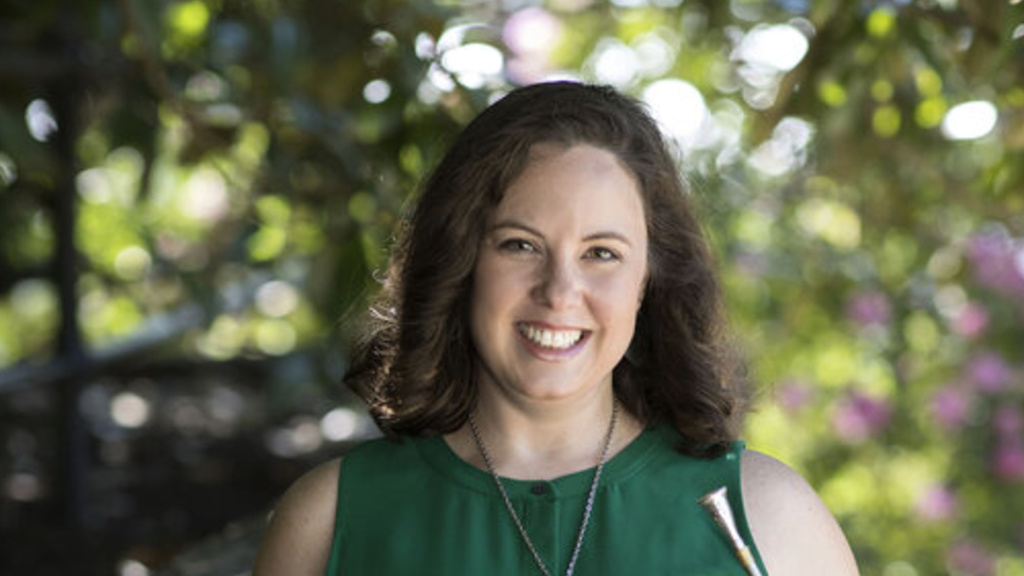
Katy Ambrose
Katy Ambrose is Assistant Professor of Horn. Previously, she held teaching positions at the University of Virginia and Drexel University, and administrative positions at the Curtis Institute and Yale University Recording Studio. An active performer, Ambrose is currently the horn player in Mirari Brass, Fourth Horn of the Delaware Symphony Orchestra and Solo Horn of the New Orchestra of Washington and Victory Hall Opera.
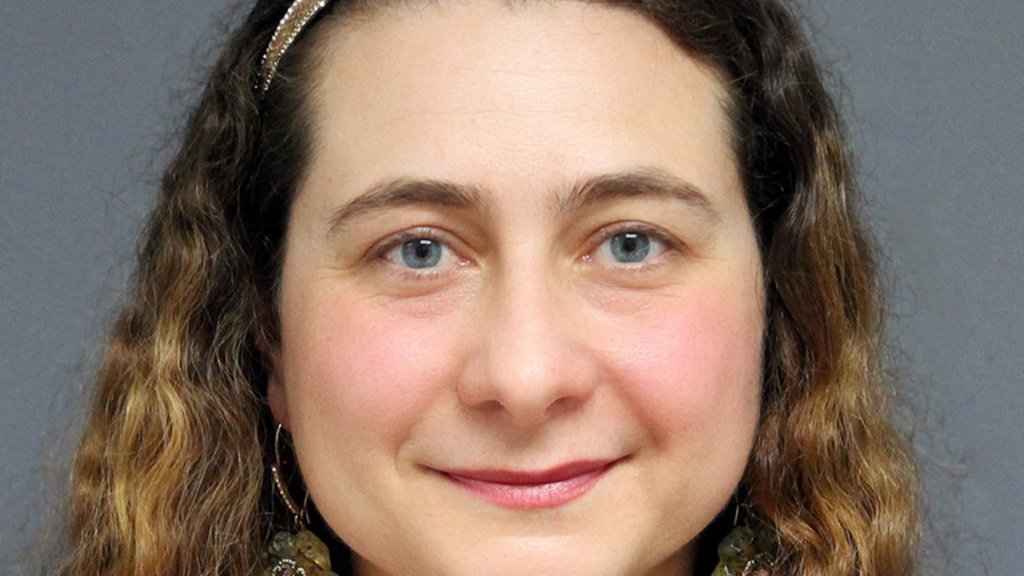
Roxanna Curto
Roxanna Curto is Associate Professor of French and Spanish. In her research, she explores the representation of cultural elements such as technology and sports in literature from the French- and Spanish-speaking worlds. She is the author of Inter-tech(s): Colonialism and the Question of Technology in Francophone Literature (University of Virginia Press, 2016).
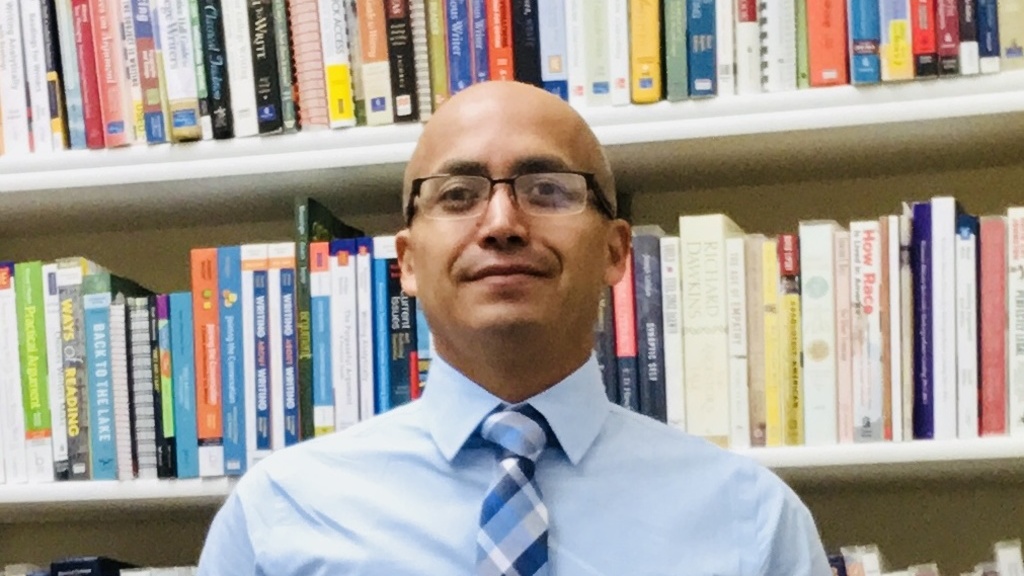
Jose Fernandez
Jose Fernandez's research interests include American, African American, and Latinx literary histories; Black and Latinx literatures after the 1960s; Latinx intellectual history; and Mexican American literature of the Borderlands. His book Against Marginalization: Convergences in Black and Latinx Literatures (Ohio State University Press, 2022) studies periods and episodes in Black and Latinx literary histories to interpret the emergence of both literary traditions as a fight for social, cultural, and artistic recognition. His second book, Publishing Latinidad: Latinx Literary and Intellectual Production 1880-1960, examines Latinx writers and intellectuals prior to 1960 who entered literary, cultural, and intellectual discourses through alternative print cultures and genres. His current research project focuses on the formation of the Latinx literary tradition through the acquisition, editorial practices, publication, and reception of past and contemporary Latinx texts produced by independent periodicals, journals, and book publishers.
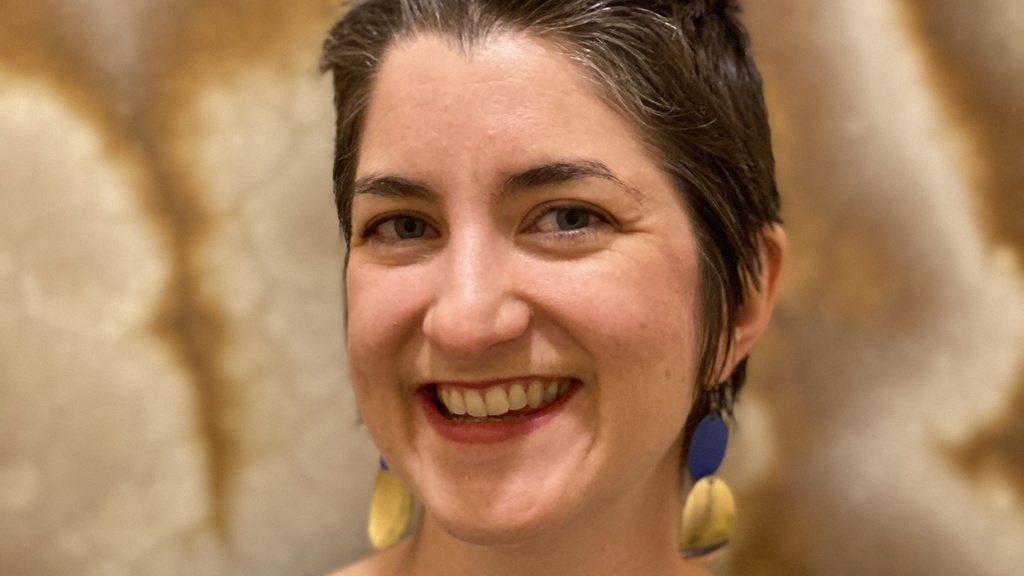
Brady G’Sell
Brady G'Sell's research examines the intersection of citizenship, kinship, and economy in the everyday lives of South African families. As the availability of wage labor declines globally, she researches how women rework the obligations entailed by kinship and citizenship in order to combat their social and economic insecurity. Drawing on approaches from feminist anthropology, women’s history, and gendered theories of capital, her work considers how intimate relationships—such as those between couples or kin—reproduce or transform both economic inequalities and political belonging.
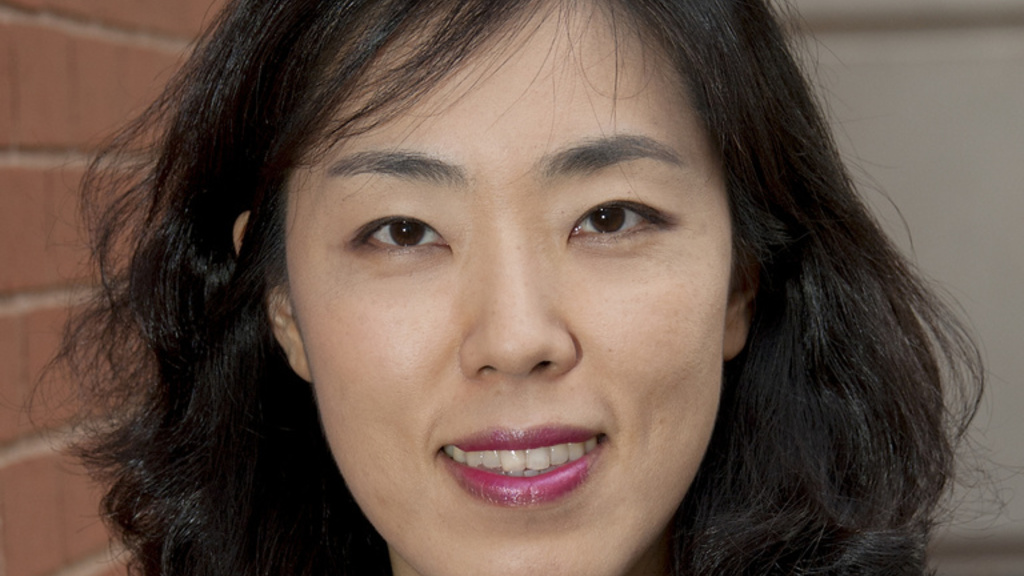
Jiyeon Kang
Jiyeon Kang’s academic interests include digital media, publics and counterpublics, global higher education, and East Asia. She is especially interested in how marginalized groups reshape dominant discourses and create livable conditions in an inhospitable environment. She has studied this communicative process in a variety of contexts in the U.S. and East Asia.
One component of her research focuses on conceptualizing the democratic potential of the Internet in the contexts of youth-driven social movements and online communities. Her first book, Igniting the Internet: Youth and Activism in Postauthoritarian South Korea, examines a decade of Internet activism in South Korea and accounts for the process whereby teenage Internet users’ captivation with issues close to them reshaped their political sensibilities and established a new movement repertoire.
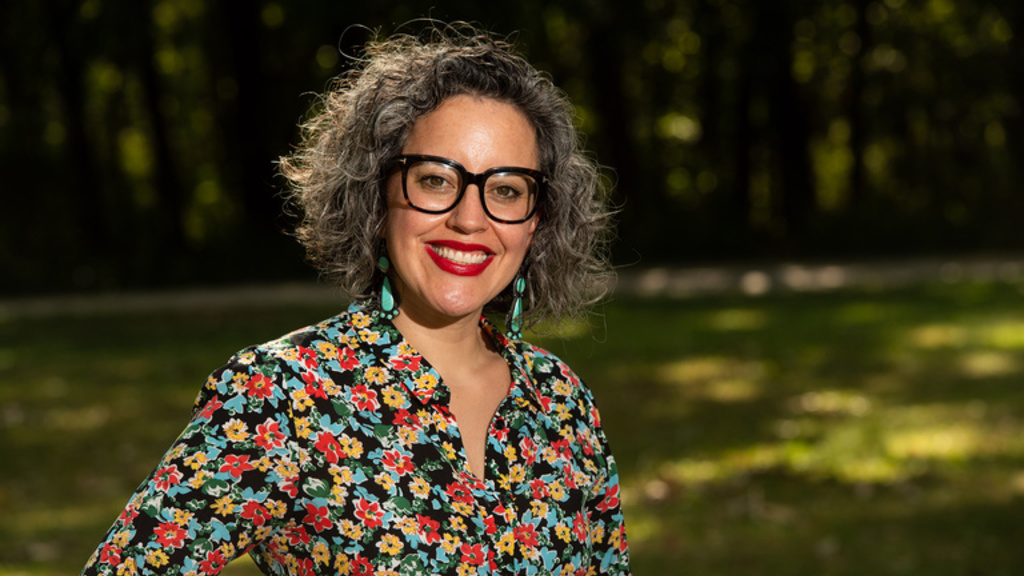
Lina-Maria Murillo
Lina-Maria Murillo's research interests include borderlands, women's health and reproductive justice, Latina/o/x studies, and social justice movements. She is completing her first history manuscript titled Fighting for Control: Reproductive Care, Race, and Power in the U.S-Mexico Borderlands. In it, she examines the clinics, organizations, and institutions that helped foster access to reproductive care along the border in the twentieth century. She co-directs (with Natalie Fixmer-Oraiz) the Maternal Politics and Reproductive Justice Obermann Working Group; the pair received the Obermann Center’s Humanities for the Public Good “Humanities Lab Development Award” to produce a humanities reproductive justice course bringing together students, faculty, staff, and community partners in 2024. She and Fixmer-Oraiz are co-directing the 2024–25 Obermann Arts & Humanities Symposium, Locating Reproductive Justice: Global & Regional Perspectives.
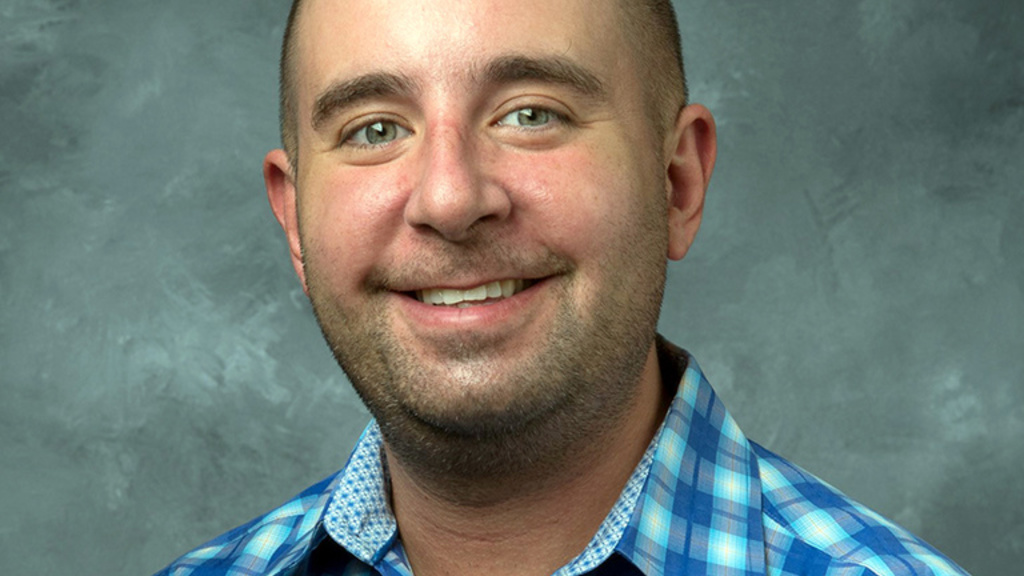
Andy Owens
Andrew Owens’ research and teaching interests include global film and television history, media industry studies, historiographic methodologies, contemporary occultism, and LGBTQ+/gender/critical race theories. His book, Desire After Dark: Contemporary Queer Cultures and Occultly Marvelous Media (Indiana University Press, 2021), provides an industrial and cultural history of how modern occult practices have risen to on-screen prominence over the past half-century during moments of profound transnational anxiety surrounding sexual, gender, and racial mores.
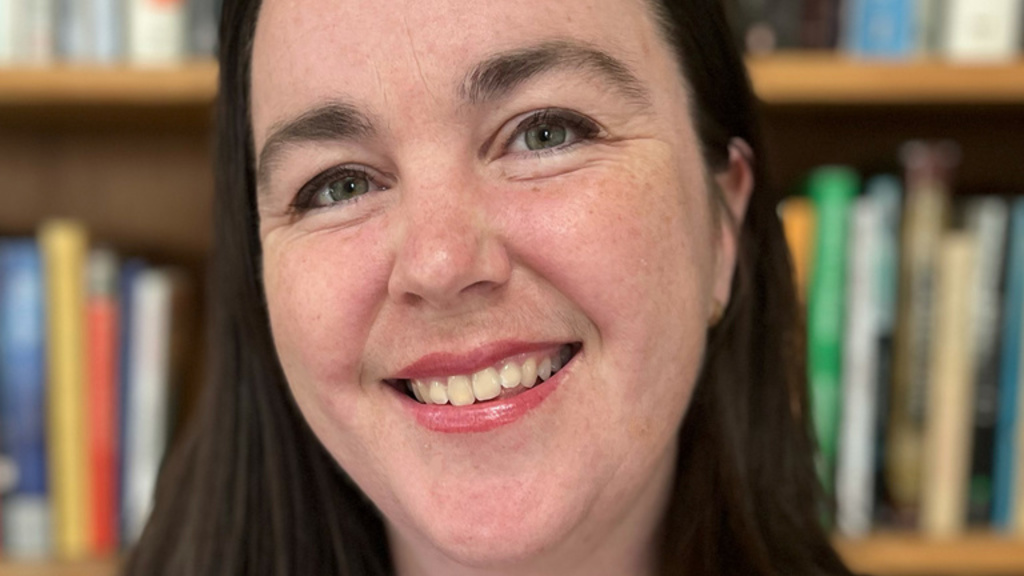
Diana Thow
Diana Thow is a literary translator and scholar working from Italian. Her academic research areas include Translation Studies, translation pedagogy, poetry and poetics, gender and translation, the translator's archive, Italian, French, and Anglophone literatures from the 19th century to the present. She is currently at work on a book project about translations of poetry by women in Italy and the USA during the 1930s and 40s.
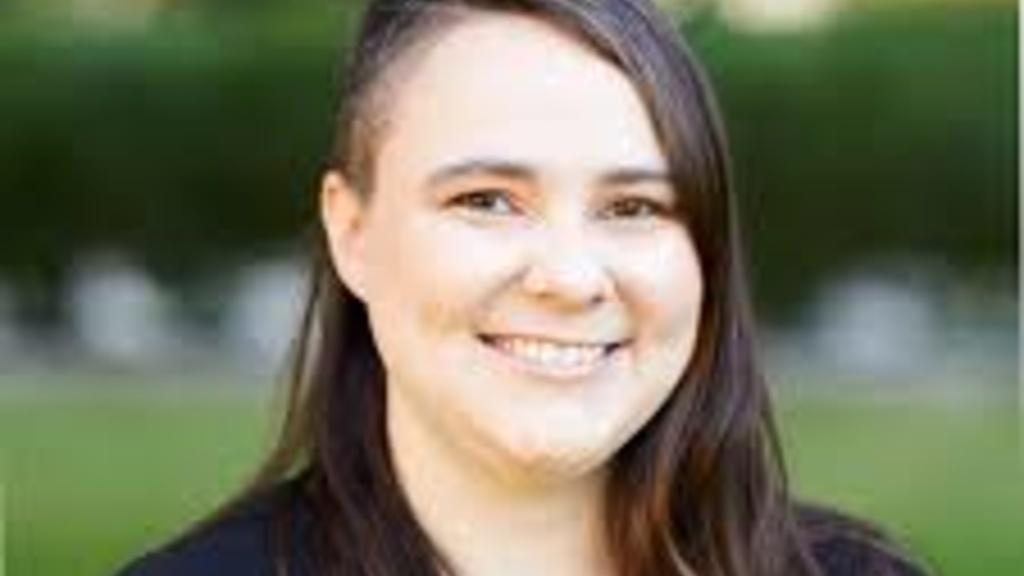
Christine Zabala-Eisshofer
Christine Zabala-Eisshofer, PhD, joined the University of Iowa in 2023 as a Visiting Assistant Professor in Higher Education and Student Affairs. Her research interests include queer and critical disability studies-informed pedagogies, curricular diversity initiatives in higher education, and research use in developing policy.
Externship Partners
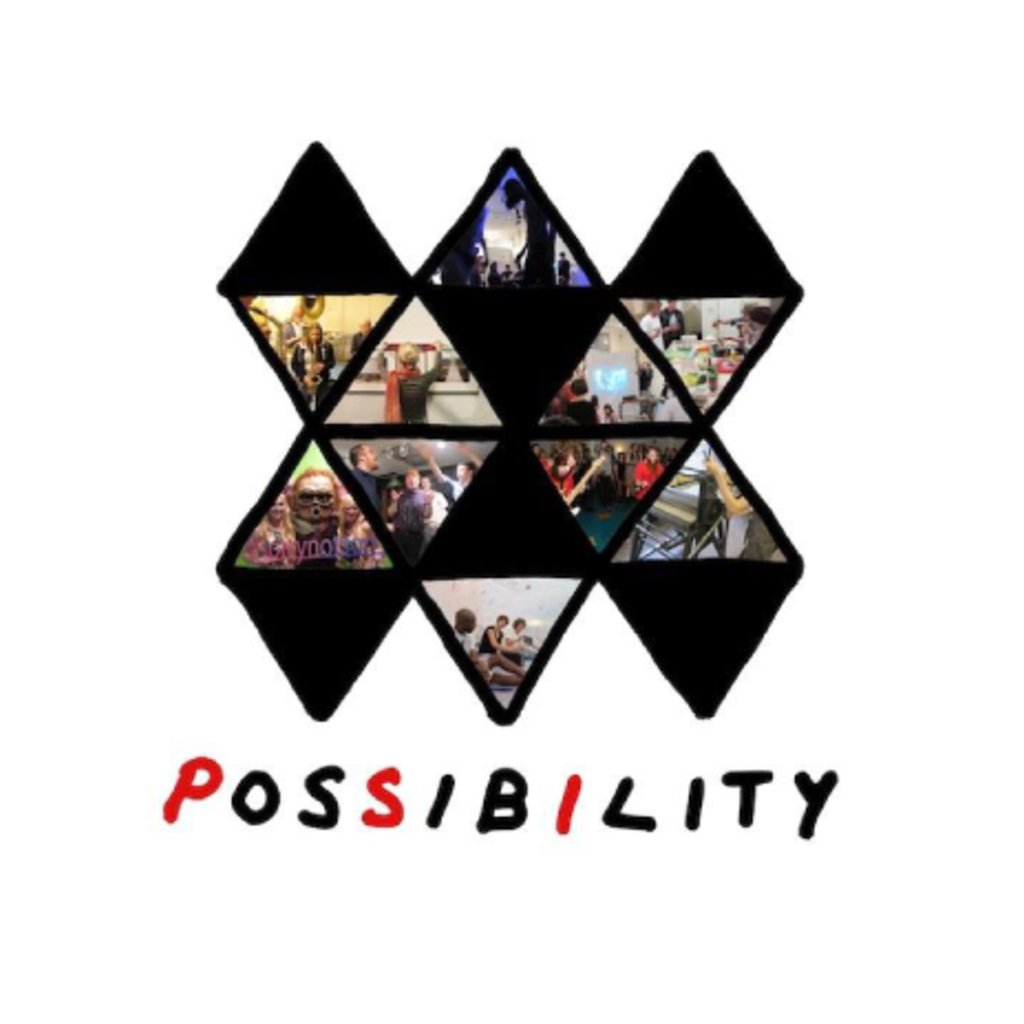
Public Space One
Public Space One (PS1) is a nonprofit arts organization in Iowa City that offers the community space for public events like readings, screenings, and workshops. PS1 is made up of a performance venue, gallery, kitchen, artist studios, zine distro, and community printmaking shop, also known as Iowa City Press Co-op. PS1 also offers exhibitions, printmaking, art workshops, artist residencies, DIY music venue, public art, and artist resources.
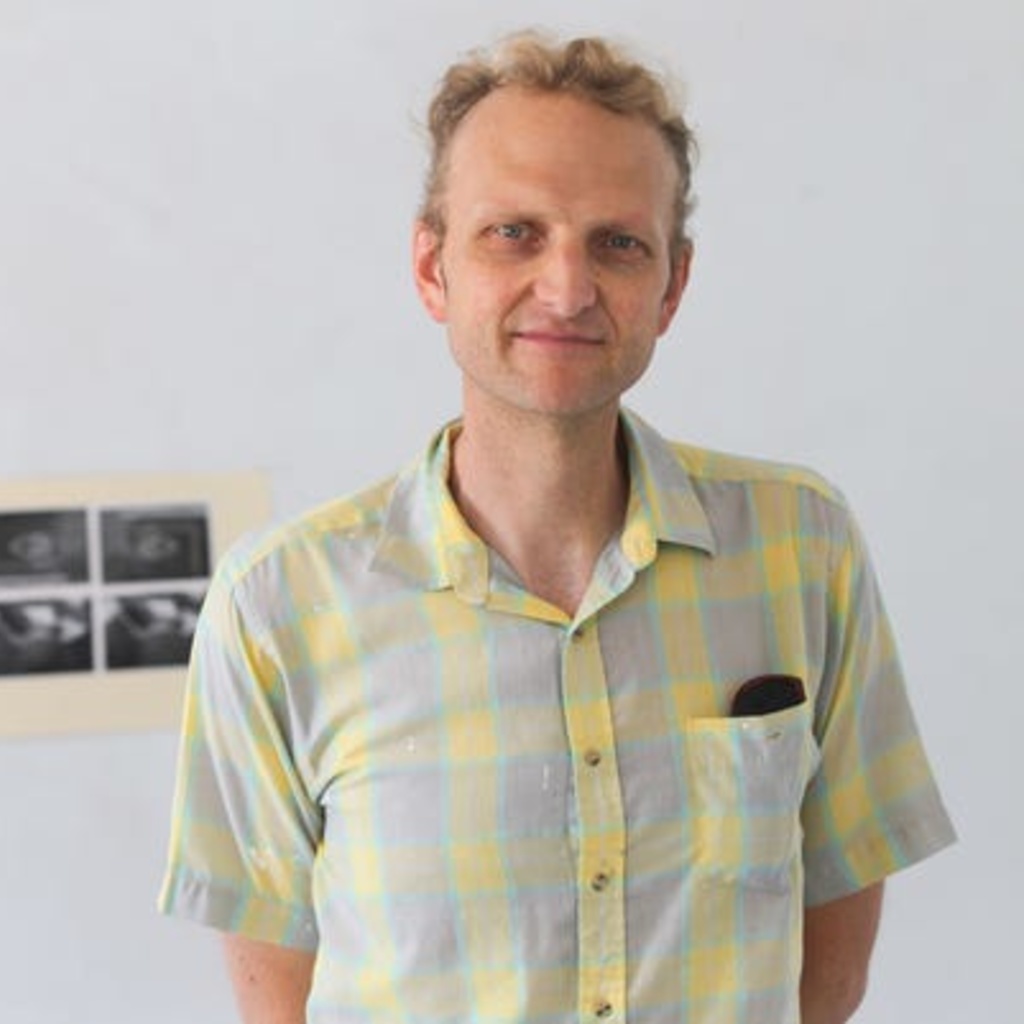
John Engelbrecht
John is the Director of Iowa City’s Public Space One—an artist-led, community-driven, contemporary art center. Since receiving his MFA from the University of Iowa in 2009, he has continued to be engaged in the Iowa City arts community, creating, managing, and sustaining many socially engaged art programs, such as Free @rt School, Iowa City Community Supported Art, The Seagull Society, SOUP, ps*z & the Zenzic Press, and the Works-in-Progress Festival. Over 60 local, national, and international exhibitions have happened in his tenure at PS1, along with a near daily program of performances, dialogues, workshops, residencies, and other ongoing events. He is also a member of the James Gang and the City of Iowa City’s Public Art Advisory Committee.
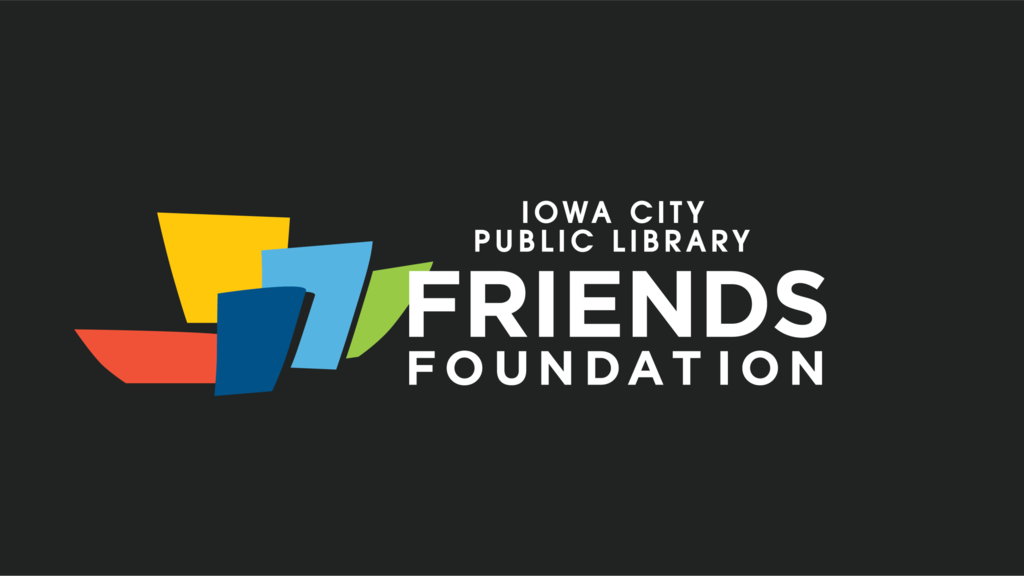
The Iowa City Public Library Friends Foundation
The mission of the Iowa City Public Library Friends Foundation is to strengthen the Iowa City Public Library through fundraising, advocacy, and promotion of its valuable resources.
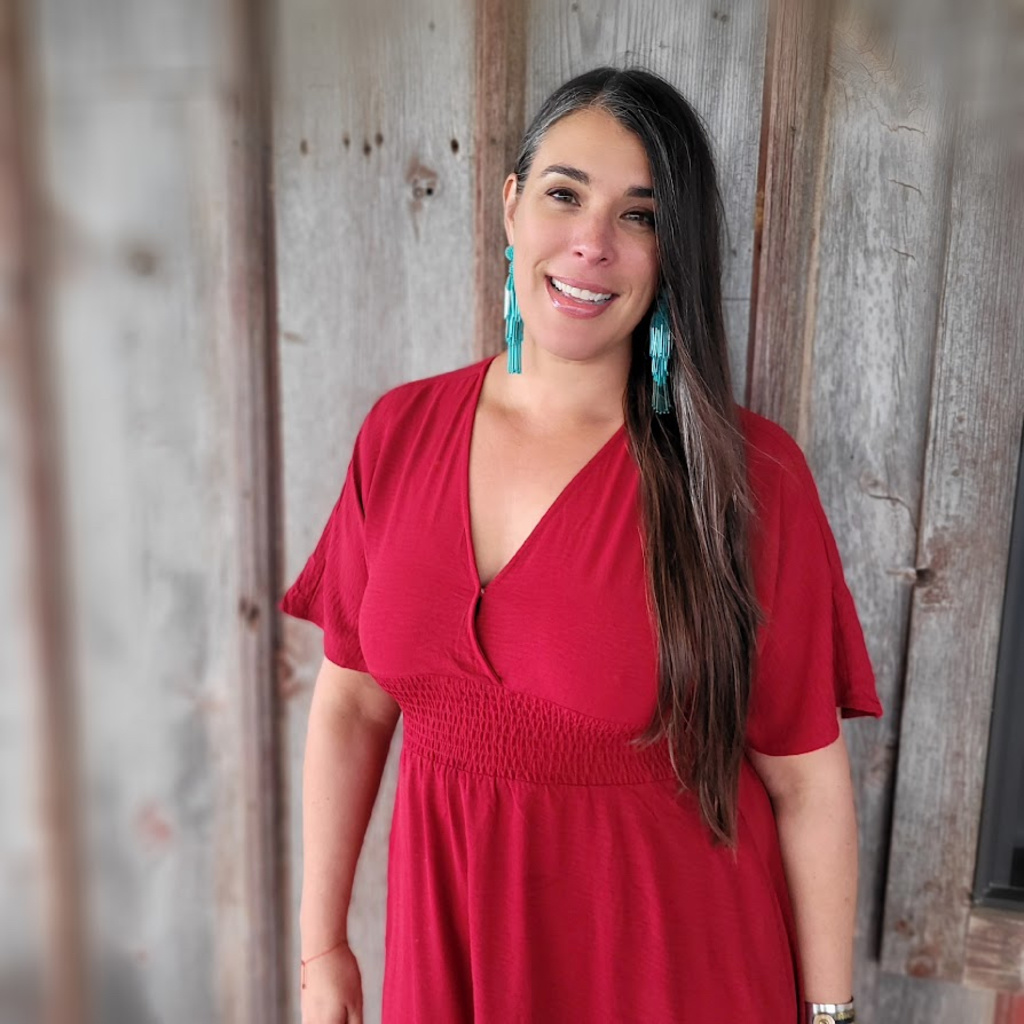
Katie Roche
For the last 20 years, Katie has served in positions that build organizational strength and work to enhance the nonprofit sector through collaborative efforts that work to remove barriers to participation. Katie has served as the Development Director for The Englert Theatre and its capital campaign “Strengthen Grow Evolve: Building the Greatest Small City for the Arts” and as Executive Director for Summer of the Arts, in addition to board service for the Rape Victim Advocacy Program, The James Gang, and the Iowa City Downtown District, and is currently serving as co-chair of X Marks the Arts. Katie’s consultancy focuses on helping small to mid-sized nonprofits stabilize, grow, and thrive.
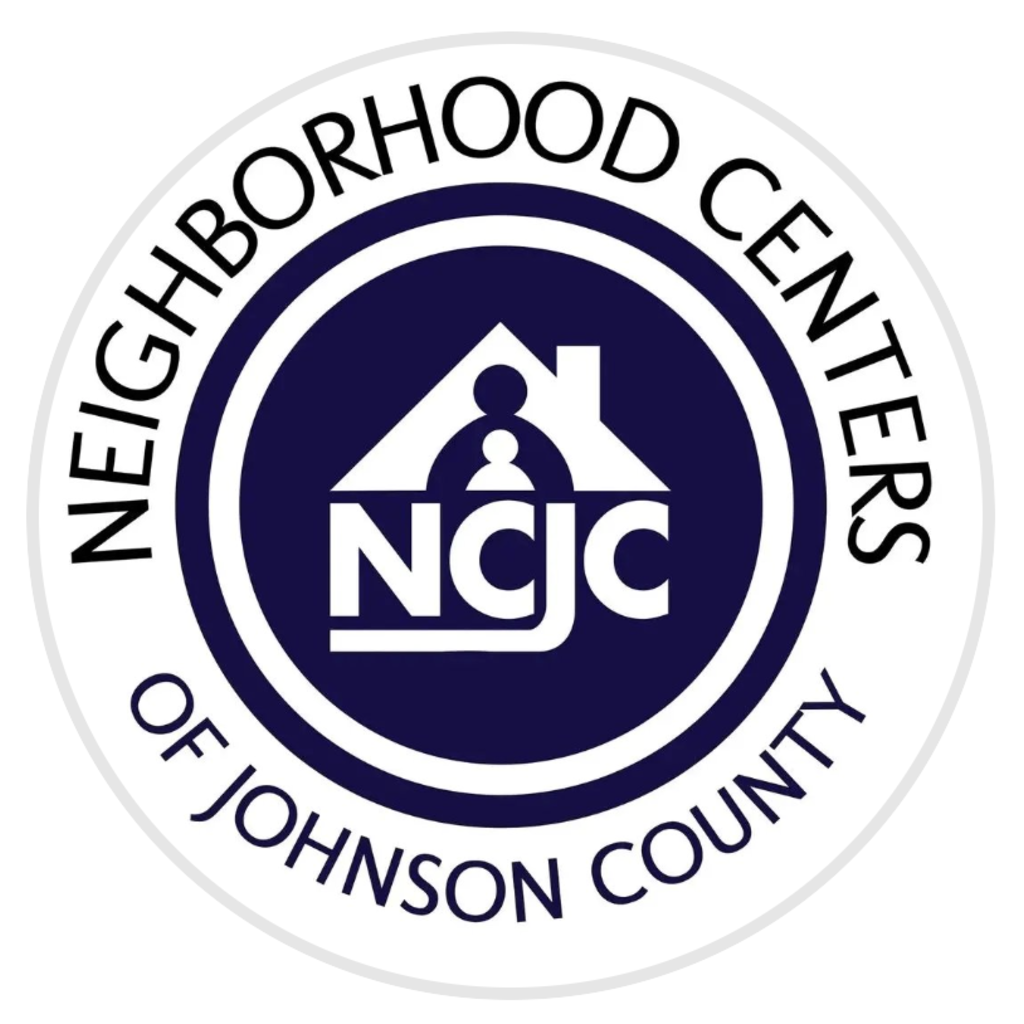
Neighborhood Centers of Johnson County
Neighborhood Centers of Johnson County is dedicated to building a better future for people in low-income neighborhoods through programs that educate, foster self-esteem, strengthen families, and create a sense of community. We are a community-based, family-centered, human services agency serving Johnson County, Iowa, since 1973. We operate two community centers in Iowa City and provide outreach and programing to an additional five targeted neighborhoods and a dozen schools. Our programs and activities reach over 400 children/youth and 200 adults each day.
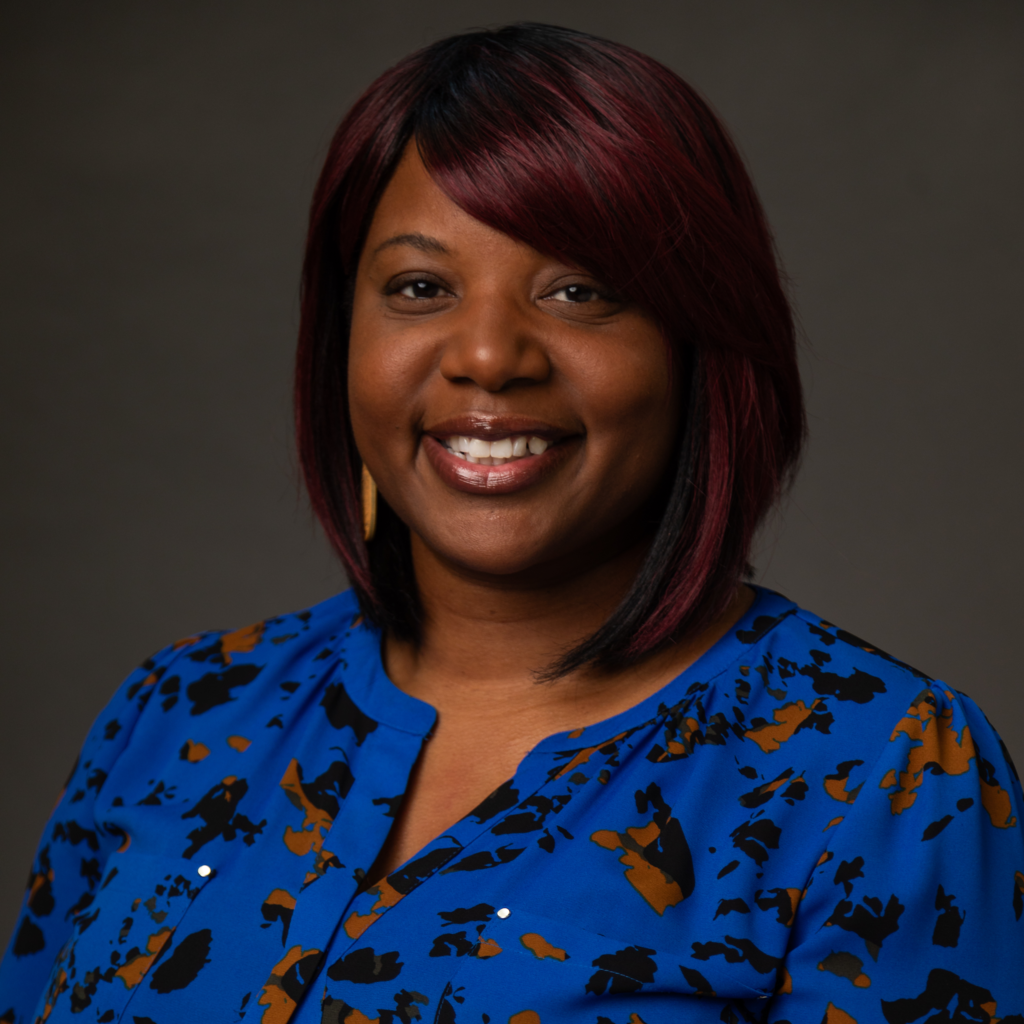
RaQuishia Harrington
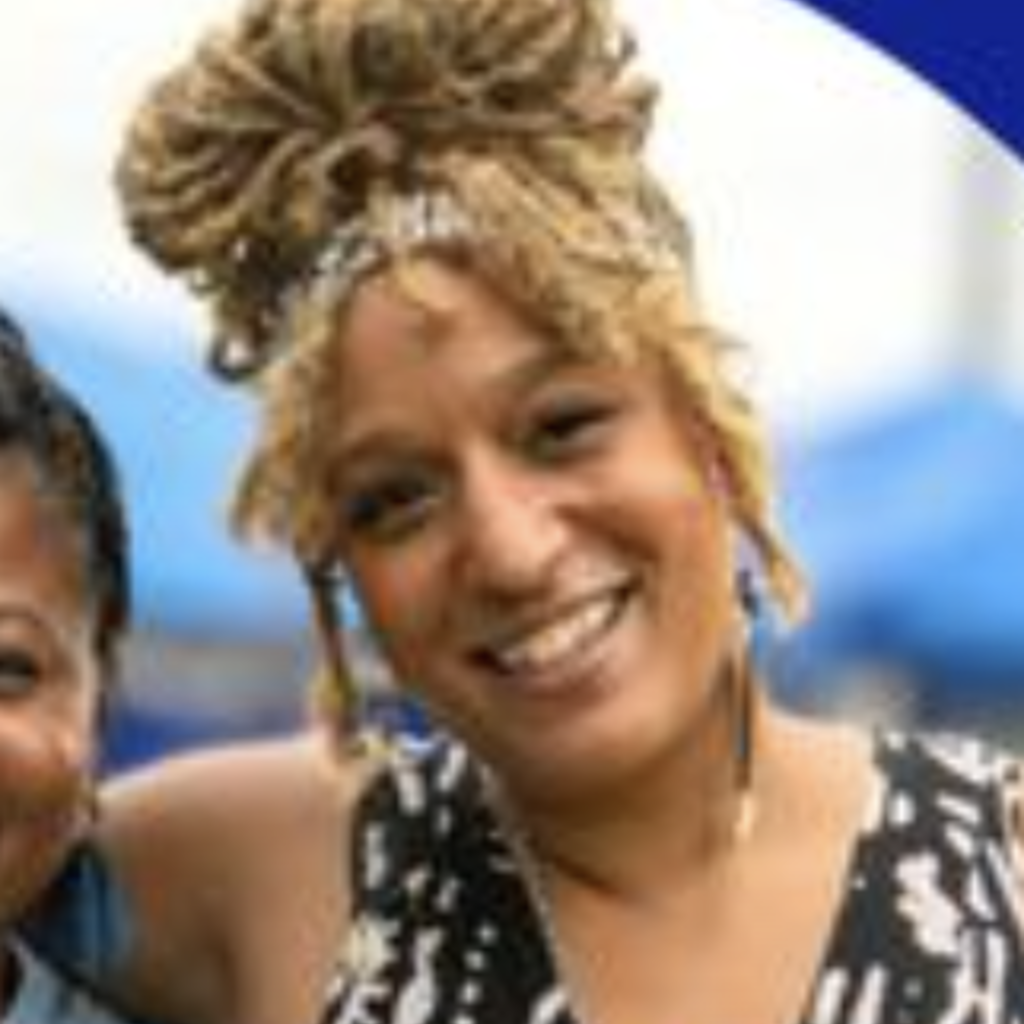
Rachel Rockwell
Rachel Rockwell began as Executive Director for Neighborhood Centers of Johnson County in 2022. She was born and grew up in Cedar Rapids before moving to Des Moines in 2000, Jamaica in 2013, and Tanzania in 2014. She received her Bachelor of Arts degree from Grandview University in Des Moines and completed art therapy certification. Rachel has an extensive youth, community, organizational, and nonprofit development background, serving as a business development consultant to various international organizations for nearly 15 years.